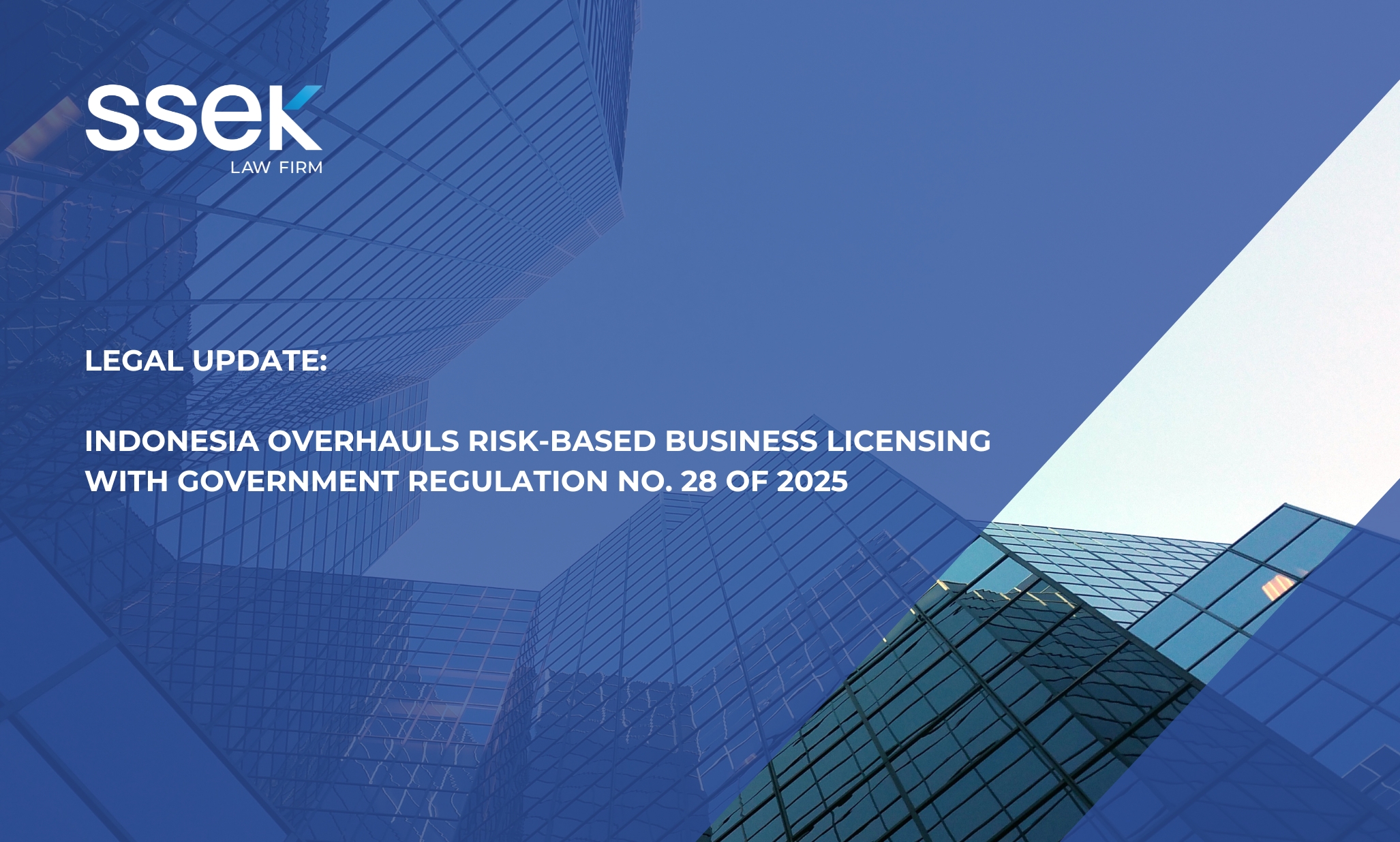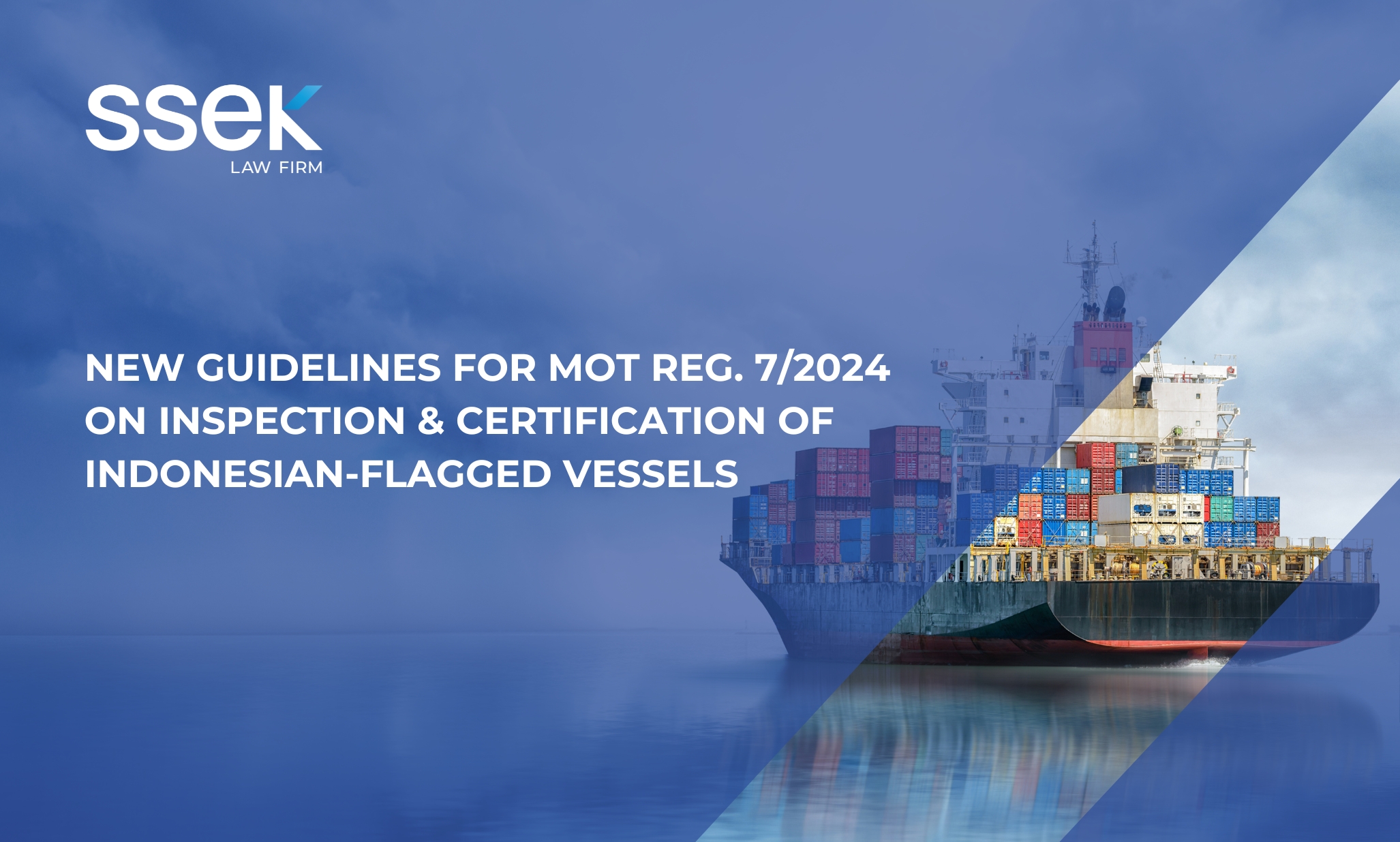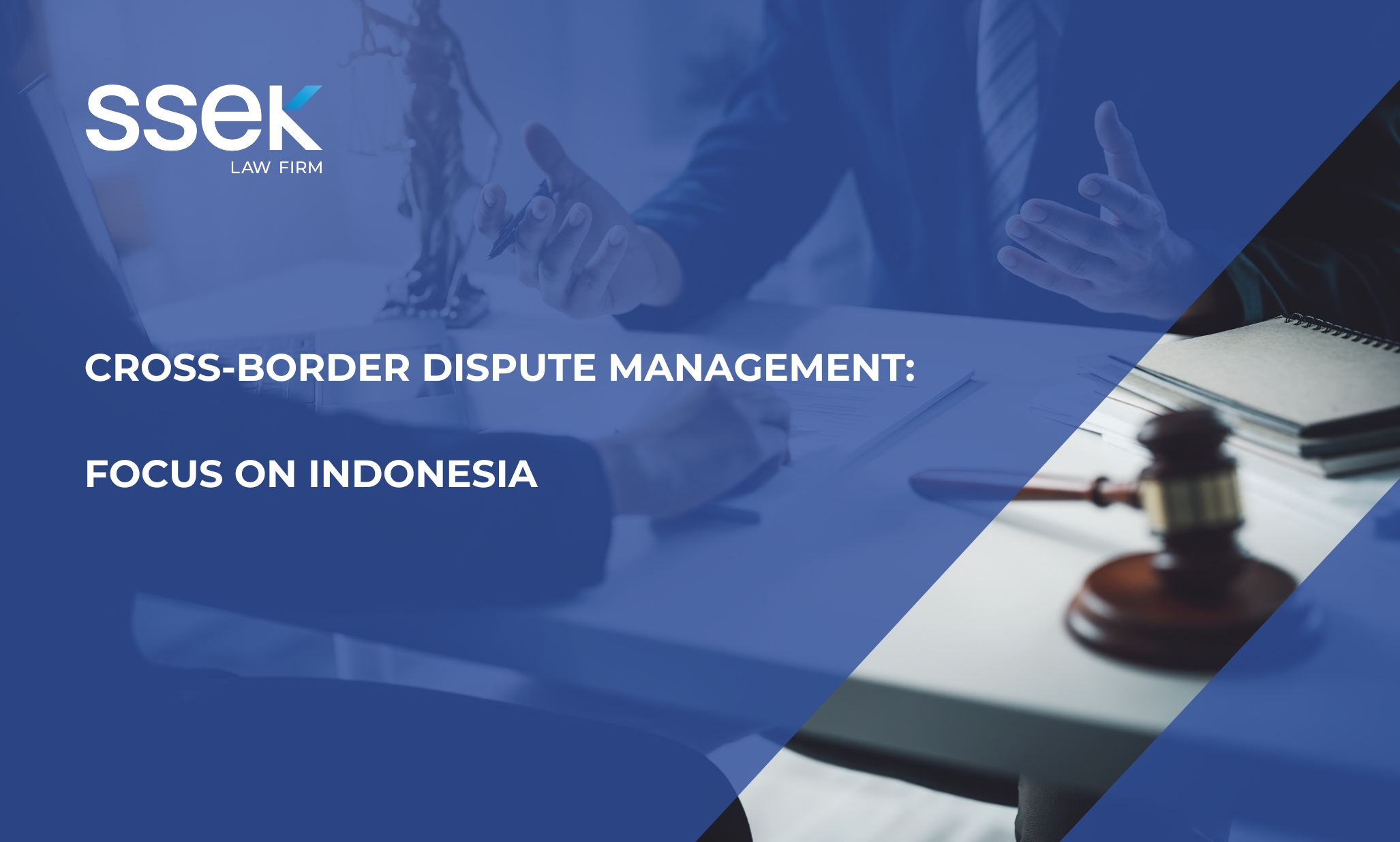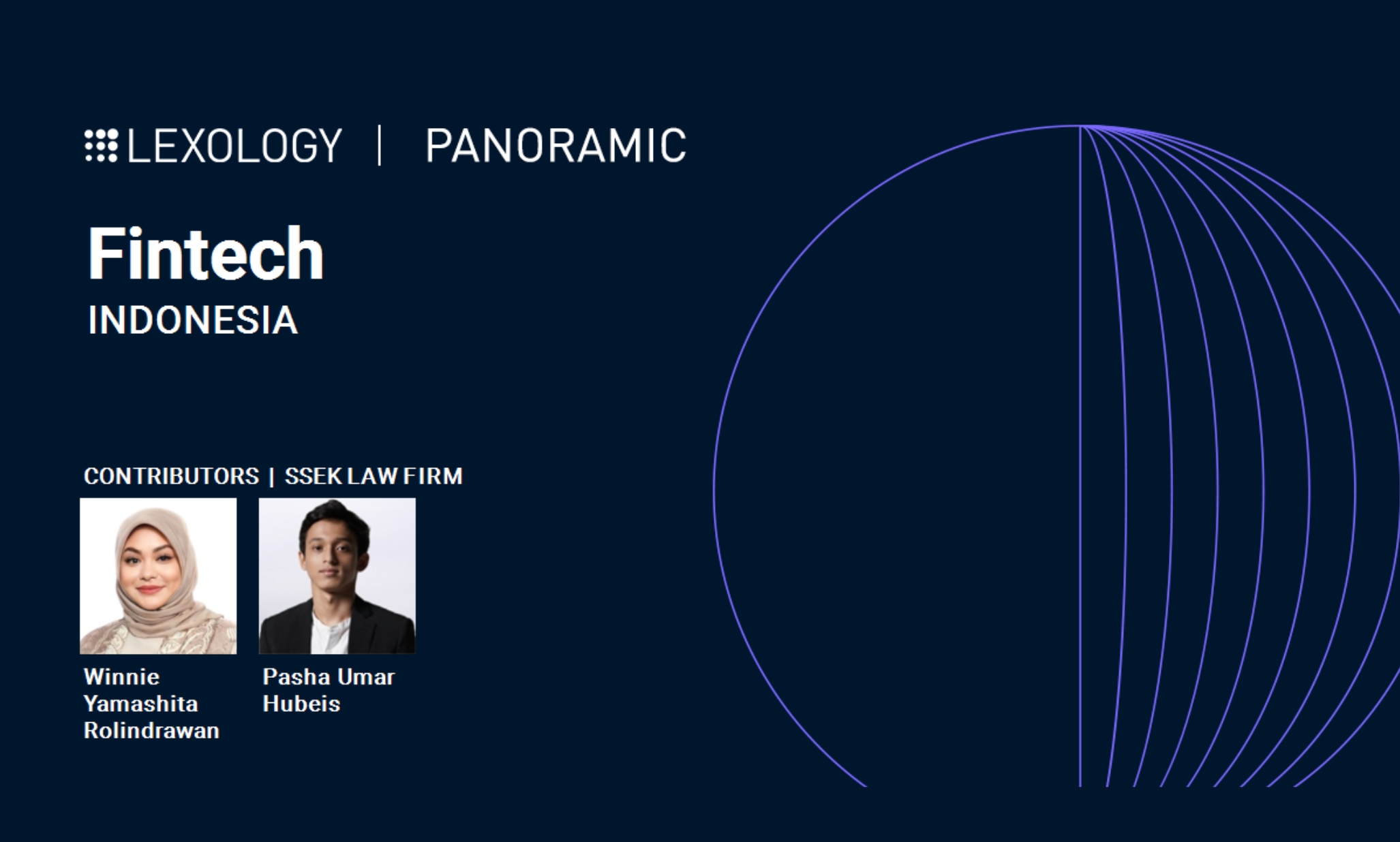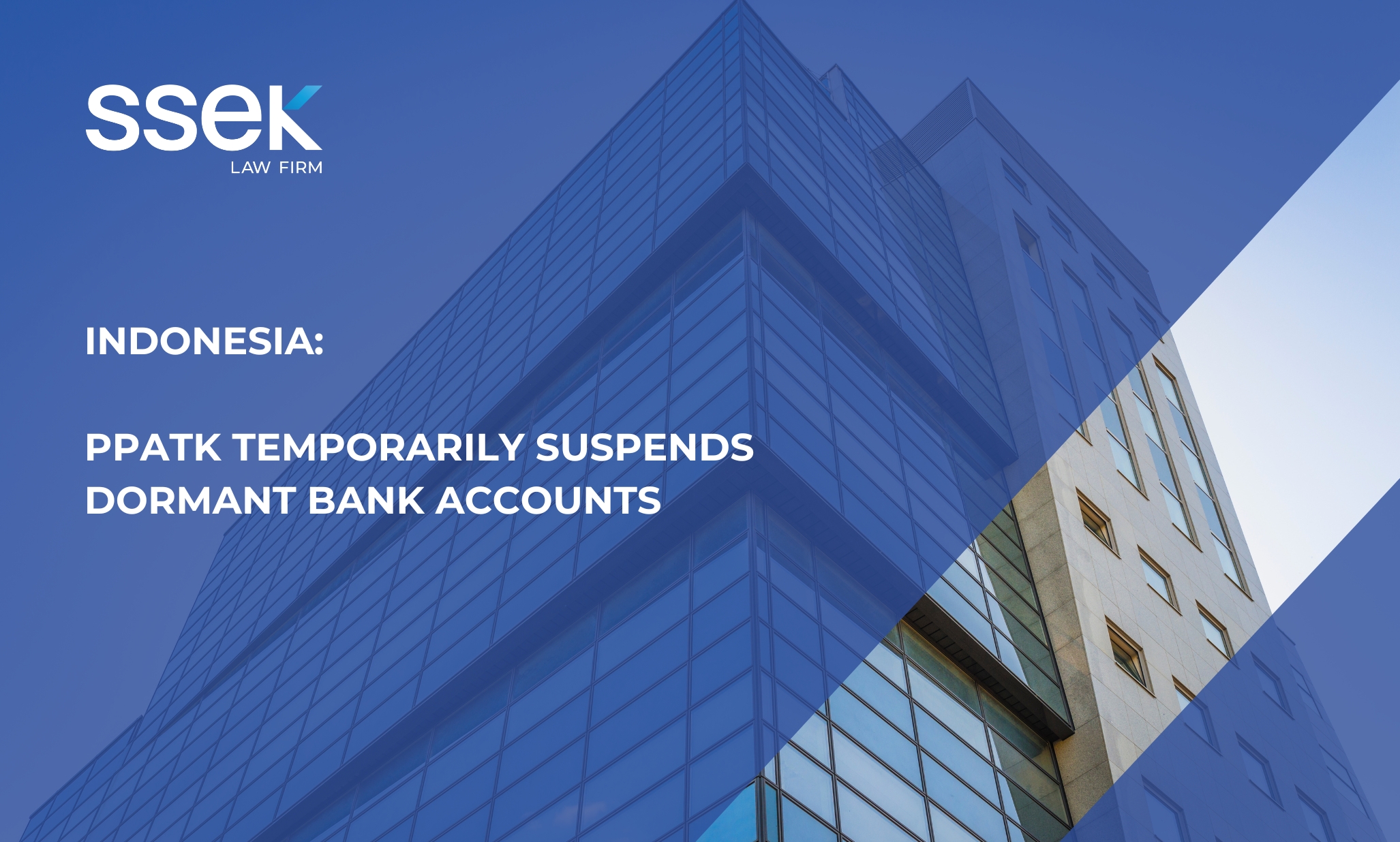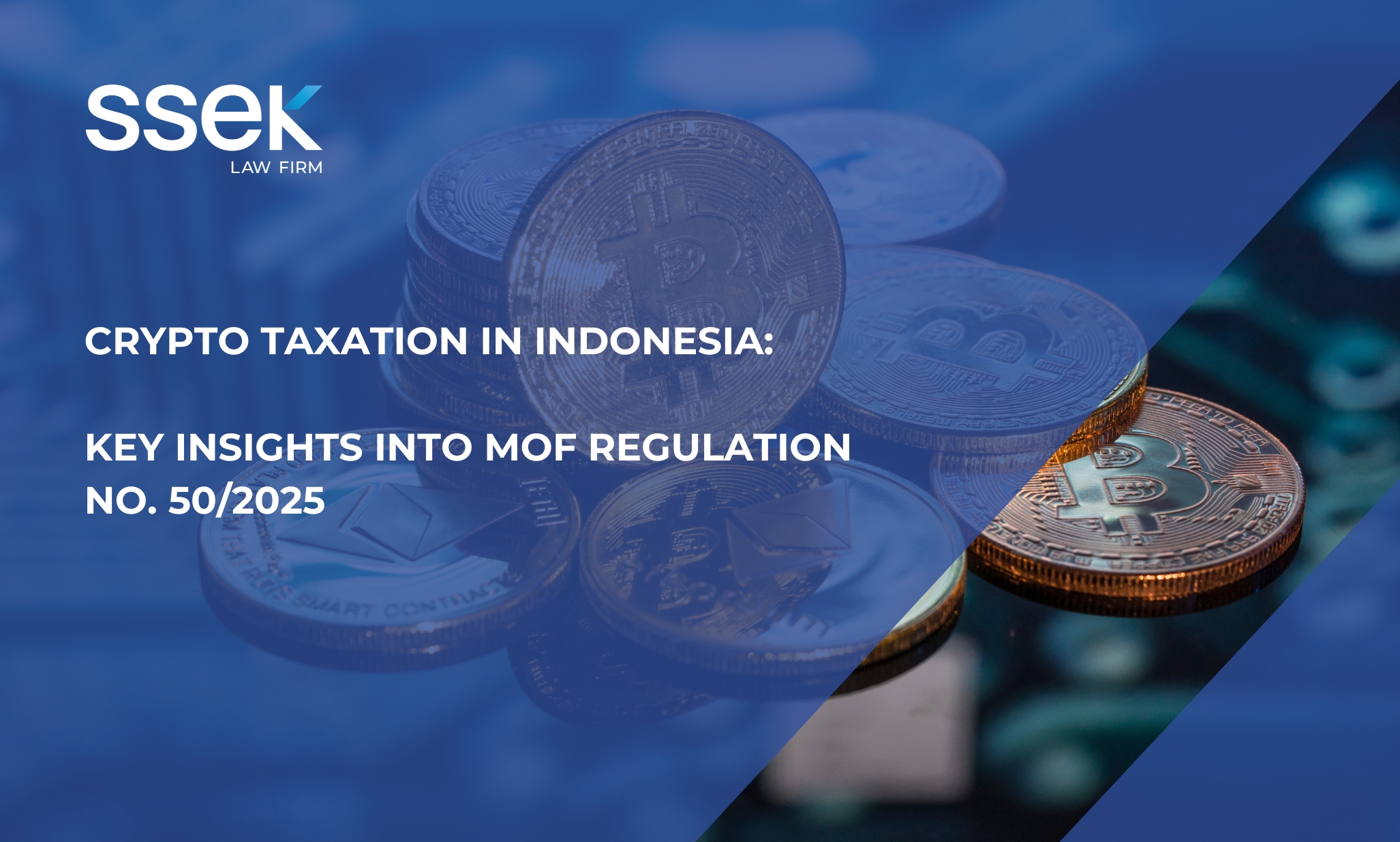


Effective August 1, 2025, Indonesia’s Minister of Finance (“MOF”) has enacted Regulation No. 50 of 2025 regarding Value Added Tax (“VAT”) and Income Tax for Crypto-Asset Trading Transactions (“MOF Reg. 50/2025”). This regulation aims to enhance legal certainty and streamline administrative procedures for the collection, payment, and reporting of taxes on crypto-asset trading.
Crypto assets have become an integral part of the modern financial landscape. As adoption continues to grow, establishing a clear regulatory framework has become imperative. MOF Reg. 50/2025 addresses this by establishing a comprehensive system that incorporates crypto taxation into the broader fiscal structure, while allowing for flexibility to accommodate the evolving nature of digital assets.
We highlight below the key measures introduced under the framework of MOF Reg. 50/2025, as follows:
- Elimination of VAT on crypto-asset transactions;
- Final Income Tax of 0.21% on crypto transactions; and
- Strengthening and integrating the governance framework.
Elimination of VAT on Crypto-Asset Transactions
A pivotal change introduced by MOF Reg. 50/2025 is the reclassification of crypto assets. Previously treated as taxable goods (Barang Kena Pajak), crypto assets are now classified as digital financial assets akin to securities. As a result, VAT is no longer imposed on crypto-asset transactions.
However, VAT obligations still apply to certain taxable services related to electronic platforms that facilitate crypto-asset trading. These include services provided by:
- Electronic Trading System Providers (Penyelenggara Perdagangan Melalui Sistem Elektronik or “PPMSE”);
- Crypto miners, when offering transaction verification services.
VAT Collection for PPMSE
For PPMSE, VAT applies to three main types of platform services:
- Buying and selling crypto assets using fiat currency: Platforms that allow users to trade cryptocurrencies directly with government-issued money.
- Cryptocurrency exchanges: Services that allow users to exchange one type of cryptocurrency for another.
- Electronic wallets (e-wallets): This includes a variety of e-wallet-related activities such as deposits, withdrawals, transferring crypto assets to other accounts, and providing or managing storage media for crypto assets.
These services remain subject to VAT, which must be collected, reported, and remitted by platforms recognized as Taxable Entrepreneurs. Transactions carried out in foreign currencies or crypto assets must also be converted to Indonesian Rupiah using applicable exchange rates or valuation methods determined by authorities or platform systems.
The VAT on these services is calculated at a rate of 12% of an “other value,” which is determined as 11/12 of the relevant commission or remuneration, in whatever name and form, received by the PPMSE.
VAT Collection for Crypto Miners
Crypto miners engaged in transaction verification are also required to collect, pay, and report VAT under a self-assessment mechanism. The VAT for crypto miners is calculated using a special rate, based on the following formula:
20% × 11/12 of the general VAT rate × compensation value
This mechanism is designed to simplify administration while maintaining revenue certainty.
Final Income Tax of 0.21% on Crypto Transactions
MOF Reg. 50/2025 regulates income tax under Chapter III (Articles 10–26), with a focus on the nature of transactions and platform registration status.
- Income received or earned by crypto-asset sellers in connection with crypto-asset transactions is subject to a final income tax of 0.21% (of the crypto-asset transaction value.
- Income received or earned by crypto-asset sellers from transactions conducted through electronic platforms operated by a Trade through Electronic Systems (Perdagangan Melalui Sistem Elektronik or “PMSE”) without an appointed tax collector is subject to income tax at a rate of 1% of the crypto-asset transaction value.
For example, in cases where a crypto-asset seller conducts transactions through a foreign PMSE, a final income tax of 1% will either be collected by the foreign PMSE through a designated mechanism or paid directly by the seller. This approach is designed to encourage traders to move their activities to domestically registered crypto-asset traders. Foreign platforms will eventually be formally appointed as tax collectors under a decree from the Director General of Taxes.
Meanwhile, crypto miners that sell crypto assets through electronic platforms provided by a PMSE will have their income taxed under the existing tax laws, specifically Article 17 of the Income Tax Law. These rules will take effect starting in the 2026 tax year.
Strengthening and Integrating the Governance Framework
MOF Reg. 50/2025 goes beyond taxation by establishing a governance framework for the crypto industry that emphasizes institutional coordination. The regulation promotes synergy among key institutions, including the (i) Directorate General of Taxes (DJP), which oversees fiscal compliance, particularly VAT, income tax and related obligations; (ii) Financial Services Authority (OJK), which regulates financial services, with a focus on investor protection and systemic stability; and (iii) Commodity Futures Trading Regulatory Agency (Bappebti), which supervise crypto as a commodity, including exchanges and trading platforms.
The regulation encourages industry stakeholders to engage with regulators, helping to ensure practicality and compliance.
This multi-agency approach is designed to prevent regulatory overlap and provide clarity for businesses and investors.
This publication is intended for informational purposes only and does not constitute legal advice. Any reliance on the material contained herein is at the user’s own risk. All SSEK publications are copyrighted and may not be reproduced without the express written consent of SSEK.




